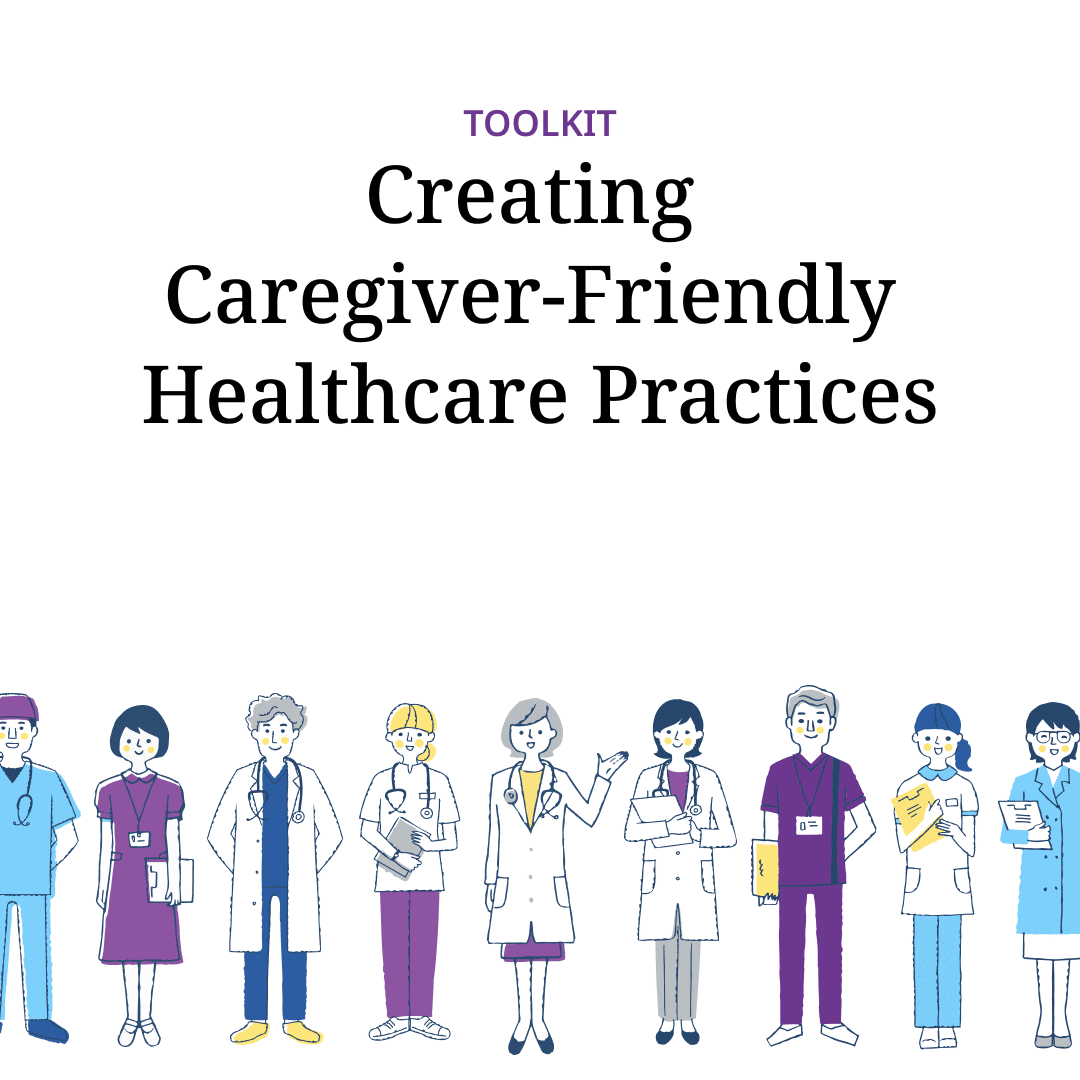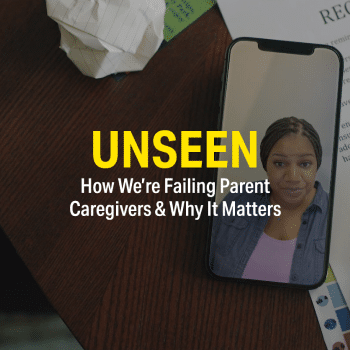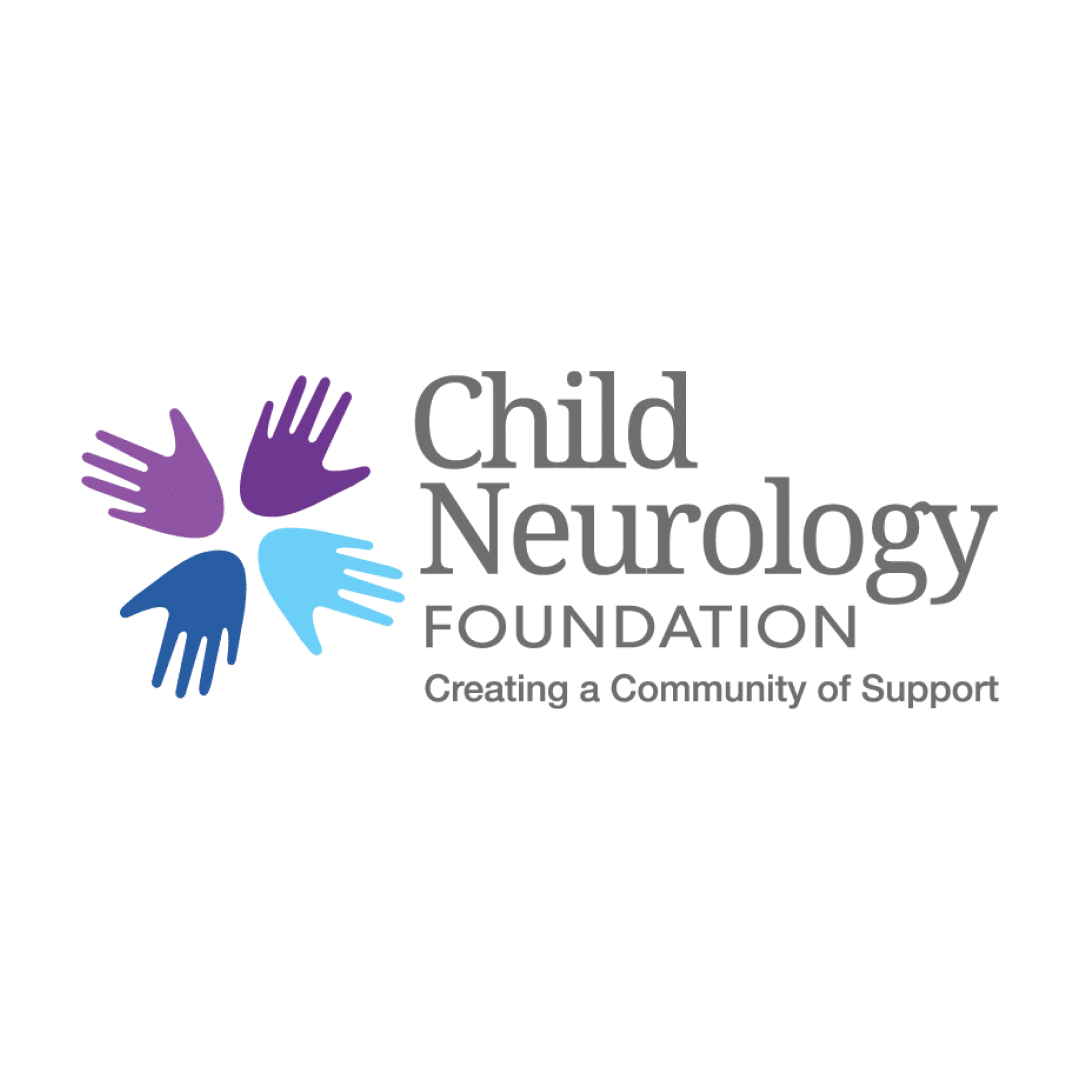
Explore the Caregiver-Friendly Healthcare Practices Toolkit
Learn how healthcare providers can improve outcomes by recognizing and equipping caregivers.
Caregiver-Friendly Healthcare Practices Toolkit
Created in partnership with

Effective communication is perhaps one of life’s greatest skills. Yet its importance is often overlooked in the healthcare setting. Reducing complex medical information into easily digestible tidbits for clients and their caregivers is more of an art than a science. It requires careful consideration and practice.
American healthcare is fast-paced and many providers are forced to squeeze a thirty minute conversation into less than five. It’s hard work! Time is precious, and providers may hesitate to ask questions during a client’s visit because they can’t really afford to hear the answer. Delivering a clear and efficient message is paramount. Here are best practices for communication that ensures everyone leaves the room informed and confident.
There’s a reason professors everywhere continue to harp on techniques for therapeutic communication. It really works. Knowing what to say — and what not to say — will ensure that a conversation stays on track. Effective communication creates an environment where listeners on both sides are more willing to receive the message.
The clinician’s office is a safe and sacred space. Caregivers and their dependents should feel empowered to express their thoughts and fears freely. For various reasons, either person may wish to avoid talking about certain things in front of the other. Offer both the client and their caregiver (if applicable) the opportunity to discuss topics privately with you. Doing so will ensure ALL concerns have a chance to be addressed.
Empathy gets its very own mention because it’s so important. Positive outcomes hinge on the presence of a strong therapeutic relationship between clients, caregivers, and their healthcare providers. Putting yourself in a caregiver’s shoes allows you to gain a better perspective on the challenges they face. It helps you see the world from their eyes. This is a good thing, because their life probably looks a lot different from yours. (See our article on understanding the realities of 24/7 caregiving for more insights.) Empathy inspires trust and improves satisfaction and compliance. In other words, choosing to recognize the challenges of your clients and their caregivers will make them much more likely to follow your advice.
It seems pretty simple, but carving out time for questions (to both ask them and answer them) goes a long way in building strong client-provider relationships. It could be done at the end of a visit or as a special follow-up to address a singular topic. Unfortunately, a simple question can sometimes uncover bigger concerns with more complicated answers that require a lot of time to address. How does one navigate a situation like this?
Pressed for time? Start with something small, like a check-in. A simple “How are you doing, really?” can go a long way. Only 13% of caregivers say healthcare professionals ask regularly about their wellbeing. Caregivers may be surprised (and secretly thrilled) that you took the time to ask.
Caregivers are an essential piece of the healthcare team, since they may be in charge of managing day-to-day functions. A healthy caregiver has more energy to spend on themselves and their dependents. Checking in regularly lets caregivers know that it’s okay to admit their struggles. It opens up a larger conversation about overall wellness and wellbeing. At the end of the day, the goal is to find ways for everyone to thrive.
Perhaps you asked your client’s caregiver a simple “How are you doing?” and their answer is much more complicated than you thought. It might be a lot more than you can parse through in five minutes, or even five visits. It’s important to set goals and manage expectations.
When faced with a mountain of struggles, ask the caregiver what’s bothering them the most. Then agree to work together to find a solution to that particular problem. Maybe you have time to tackle it right now, maybe you need to schedule a follow-up. Either way, prove to your clients and their caregivers that you take their feelings seriously by listening to what they have to say.
Perhaps you can offer a referral. Or maybe you have access to helpful resources your caregivers don’t know about. Share them! Be willing to compromise and meet the client and caregiver where they are. Set reasonable, achievable goals that demonstrate forward progress. Everyone knows Rome wasn’t built in a day, and caregivers don’t expect you to solve all their problems for them, either. The fact that you asked makes all the difference.
Health and medicine are driven by outcomes. All healthcare providers have a vision of what a client’s treatment plan might look like. Unfortunately, not all families have the means to make it happen. Be willing to discuss what is doable right now with clients and their caregivers.
Understand that treatment plans may have to change and evolve in the face of extenuating circumstances. Being a caregiver is overwhelming enough without being asked to do what feels impossible. Adjusting your treatment plan to coincide with a caregiver’s current abilities will go a long way in minimizing stress and improving wellbeing. (Hear directly from caregivers about these issues in our article on things caregivers wish their healthcare providers knew.)
Try not to compare a client with disability or complex medical needs to others. Avoid overusing surveys and forms that focus on deficiencies. It can be pretty demoralizing to be reminded of what your loved one has not achieved when compared to their peers. Avoid framing goals and expectations as being deficient or less than “typical” clients. The last thing you want is for your client to feel like they’re behind.
Instead, consider measuring client success as forward progress in reaching individual milestones. It allows clients and their families to celebrate every small victory, regardless of what everyone else is doing.
Caregiving can be very isolating. The bulk of a caregiver’s energy may be solely focused on their dependents, and it’s easy to feel overwhelmed, lost and forgotten. Remind caregivers that you appreciate their hard work and dedication, that you see them. That you’re here for them. Some days, the simple acknowledgement of a job well done gives a person the strength to keep going.
For more information on how to better communicate with your clients and their caregivers, check out the Empowering Conversations Guide from the Child Neurology Foundation.
Many caregivers report being particularly upset or annoyed by common platitudes or dismissals. Here are some suggestions for what to say, and what not to say, from caregivers themselves:
❌ “The worst case scenario is…”
❌ “It could be worse.”
❌ “You’re a superhero / saint / inspiration.”
❌ “I don’t know how you do it.”
❌ “You’re doing it wrong.” / “You need to try harder.”
❌ “It will be OK.” / “You’ll be OK.”
❌ “Why don’t you go on vacation or take a break?”
❌ “I don’t believe you.”
❌ “That’s not important right now.”
✅ “You’re doing an amazing job.” / “Keep doing what you’re doing”.
✅ “How are you coping?” / “How are you doing, really?”
✅ “Caregiving is really hard.” “Thank you for doing your best.”
✅ “What is doable right now?”
✅ “I see what a loving and devoted parent you are.”
✅ “Thank you for trusting me with this.”
✅ “Your opinion and experience matters.”
✅ “Thank you for your suggestion.” / “I’ll look into your suggestion.” / “Let’s try it.”
✅ “How will this treatment/therapy impact you and your family?”
✅ “Can I make a referral for you?”
Here are ways you can get started:

Learn how healthcare providers can improve outcomes by recognizing and equipping caregivers.

The “Unseen” documentary gives an unfiltered, honest glimpse into the lives of caregivers and their families.

The Child Neurology Foundation connects partners from all areas of the child neurology community so those navigating the journey of disease diagnosis, management, and care have the ongoing support from those dedicated to treatments and cures.

Sign up to get notified about upcoming screenings, new bonus content releases, and get a 10% off coupon for our mech store!